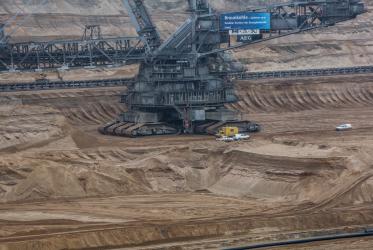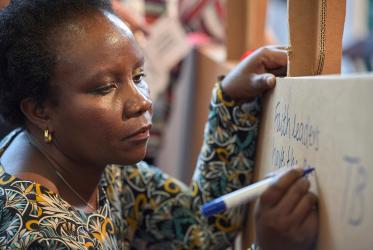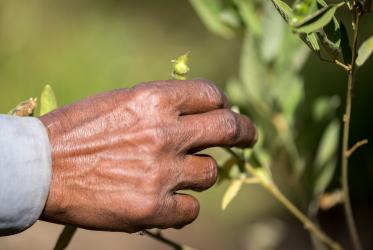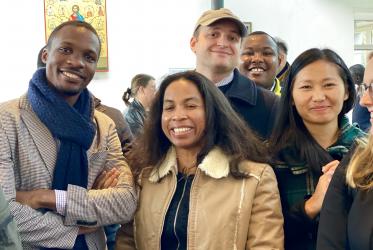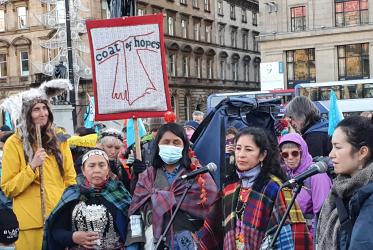Displaying 21 - 40 of 86
WCC invites webinar on ’Racism, Land and Food’
09 December 2021
Webinar: “Climate Justice, Food, and Faith”
09 November 2021
Climate crisis fuels existing water injustice
27 October 2021
Calls grow globally for peace and accountability in South Sudan
24 September 2021
South Sudanese Churches shelter populations displaced by floods
23 September 2021
Churches offer some relief in Kenya’s drought disaster
16 September 2021

